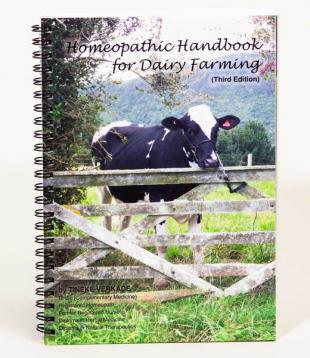Homeopathy and Holism
Homeopathy views the patient in an holistic manor. It sees symptoms as a general indicator that the whole body is ill, and that local symptoms are simply one manifestation of this. To just remove the local symptom, as often the case in conventional medicine, does not heal the general illness, and symptoms will often return or express themselves in another way.
Treating ‘Like with Like’
Homeopathy is based on the core principle of treating ‘like with like’. That a substance which causes symptoms when taken in large doses, can be used in small amounts to treat those with the same symptoms.
A simple example would be to think of the effect of drinking too much coffee, causing sleeplessness, and agitation. This infers that coffee when made into a homeopathic potency can be used to treat an individual with just those symptoms of insomnia and agitation.
Gentle and permanent relief of symptoms
Using homeopathy it is possible to trigger a reparative response using the body’s own immune system and powers of healing and repair. By harnessing what is essentially a natural process within the body, this healing can occur in a gentle and permanent fashion, without the side effects commonly seen with conventional medicine. It is for this reason that homeopathy is safe for the most vulnerable of patients including pregnant, paediatric, geriatric and the seriously ill.
Homeopathy and conventional medicine
Despite the differences in approach, homeopathic and conventional treatments can work very well alongside each other. Consulting a medically trained homeopath allows you to receive the best of both worlds.
The remedy will be either supplied as a diluted spray or as a concentrate to add to a spray bottle with water or to the water trough.
Remedies work best when given directly onto the mucus membranes such as nose, mouth or vulva. For the treatment of cattle, either spraying the remedy onto the nose to be licked off, or onto the vulva during milking if effective. For herd treatment the remedy can sometimes be added to their water supply, but only if there is access to no other alternative water source during that day and the water trough is reasonably clean.
Remedies need to be stored in a cool dark place, ideally in a cupboard, away from strong smelling substances or electrical equipment. When stored correctly some remedies can last for several years (diluted liquid potencies do not last so long = discard then if they become cloudy).
If you are interested in learning more “Homoeopathic Handbook for Dairy Farming (3rd Ed) by Tineke Verkade is a great resource. You can purchase this from www.homeopathy.ac.nz.

